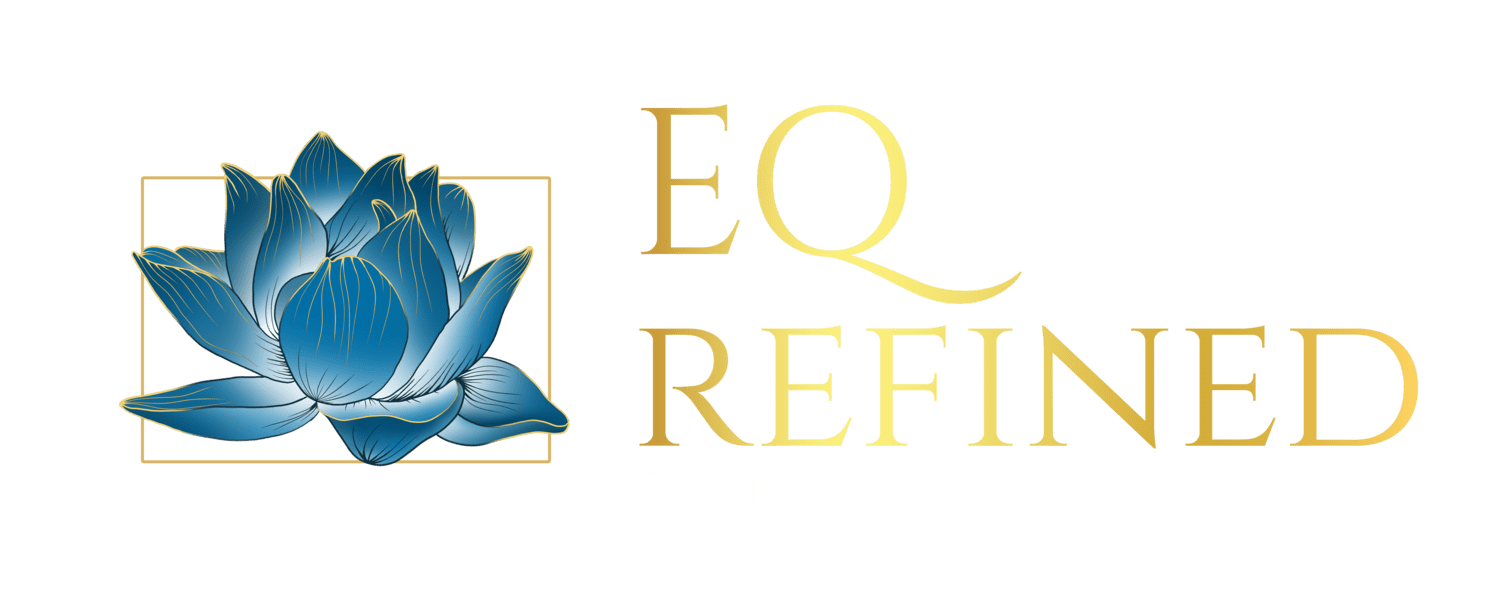Perfecting Your Vision: Strategies for Overcoming Blind Spots
We all try to plan for a crisis, but it rarely is how we anticipate it. 2020 has been unique in our collective consciousness and has provided varying perspectives, from challenging, apprehensive, introspective, anxiety-ridden, and yet, full of opportunity. Unless we begin to implement different skill sets that move us beyond the five senses, 2021 will prove to be a continuation of the uncertainty experienced this year. How do we look beyond the blind spots when we are unaware of them? How do we move beyond unconscious bias, inequity, anti-racism, and micro-aggression in attitudes and behaviors if we are either oblivious or ignorant of the fact? Lastly, how do we take back our ability to make clear, insightful decisions when we do not have all the information available?
Through HR, organizations utilize unconscious bias training and compliance videos but watching a video and answering a quiz is not the most effective approach towards developing the soft skills needed. LinkedIn just released their latest data research of 660 million professionals and named Emotional Intelligence (EQ) as the top 5 Most in Demand Skills for 2020.
2020 forced us to acknowledge the elephant in the room, which is emotional wellness and mental health. Raising the Emotional Quotient (EQ) is now an essential skill because of all the uncertainty that has come this year; thus, 2021 offers us an excellent opportunity to open communication and awareness channels. Never have we be more open to having conversations raising equity and inclusivity.
According to a recent article from the World Economic Forum, "Emotional intelligence (EI), (also referred to as EQ), is the "something" in each of us that is a bit intangible. It affects how we manage behavior, navigates social complexities, and make personal decisions that achieve positive results. Emotional intelligence is your ability to recognize and understand emotions in yourself and others, and your ability to use this awareness to manage your behavior and relationships."
Successful attributes of great leaders became strikingly important due to the need to connect with empathy, inspire employees, and make decisions from a fair and equitable position. Research from Johns Hopkins shows that EI accounts for nearly 90% of what sets high performers apart from others with similar technical skills and knowledge. These qualities fall in line with having high EQ. How can businesses build EQ and bridge the gap?
Taking the time to assess a situation and consider it from various points of view can help influence our decisions making, transform our relationships, and affect our mental well-being, with others and ourselves. EQ Refined recognized this gap and identifies three key ways to not only mitigate bias but also increases your EQ.
Emotional Intelligence Model
Starts with you at Self Awareness and continues with you throughout the model.
GAIN AWARENESS
When making a decision, building relationships, or thinking about mental well being, notice when you are in your thoughts. Do you have an inner dialogue going on in your mind? We all do, but here's the difference that we aren't always aware of, we can be the observer in what is happening but first the intention to do so must be set. Ask yourself, "Is this thought helping me go towards where I want to be, or is it keeping me stagnant and separated from my goals?
CHOOSE TO CONNECT
Learning how to manage your emotions is a top skill in Emotional Intelligence. When you have a conflict at work or just not feeling engaged or motivated to continue, choosing to connect is stepping beyond that part of yourself that feels disconnected, isolated, anxious, or excluded. Now that you noticed you are in your thoughts choose to become aware of your breath. Think about how many breaths you let pass by without you being aware of them. Are you taking in what is going on inside you and around you? Are you in a state of gratitude and appreciation of yourself and those around you or somewhere else? Becoming aware of the decision to connect can support you towards greater effectiveness in all your interactions and endeavors. An aspect of Emotional Awareness is to be able to stop and ask, "What are my intentions and what and how do I need to communicate to create a connection?"
MAKE A CONSCIOUS CHOICE
Every action and word create consequences. Unconscious bias dictates many decisions we make, and yet we are confused by the results that arise. When you choose to connect in a direction taken with awareness, you choose to become aware of the consequences you are making.
Businesses suffer significant losses when their employees become disengaged, unproductive, and leave the workforce. By making mindful decisions rather than reacting, building Emotional Intelligence changes the trajectory of your life because emotions influence decision-making, the ability to communicate, and foster relationships, affecting our overall well-being. One of the biggest reasons for the loss of human capital is poor decision making, lack of intrinsic motivation, and inadequate emotional intelligence skills by leaders, top management, and employees.
EQ Refined supports leaders, top management, and employees to develop their emotional intelligence by building their non-cognitive skills within teams, enhancing interpersonal communication and physical and mental wellness. Here is a supportive tool that guides you through the 3 skills needed to enhance your emotional awareness.
Contact us to speak with an expert on our Unconscious Bias training, Diversity, Equity and Inclusion programs, and our Emotional Intelligence solutions.


